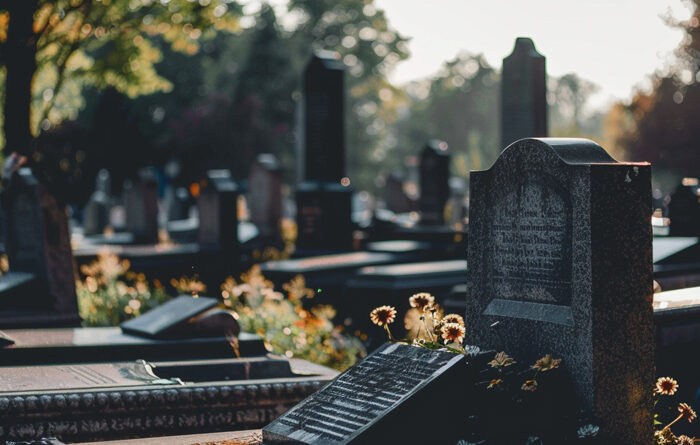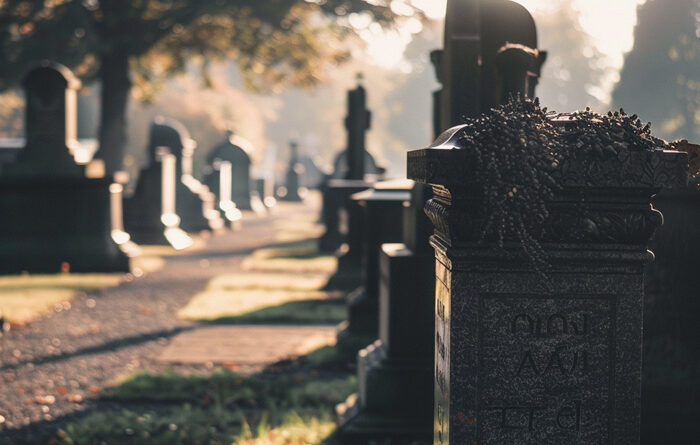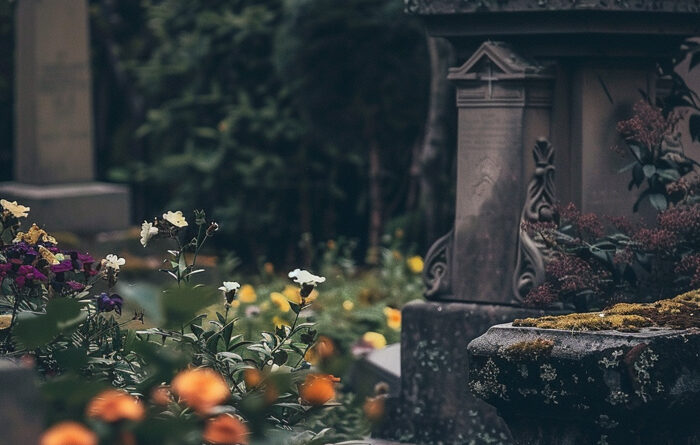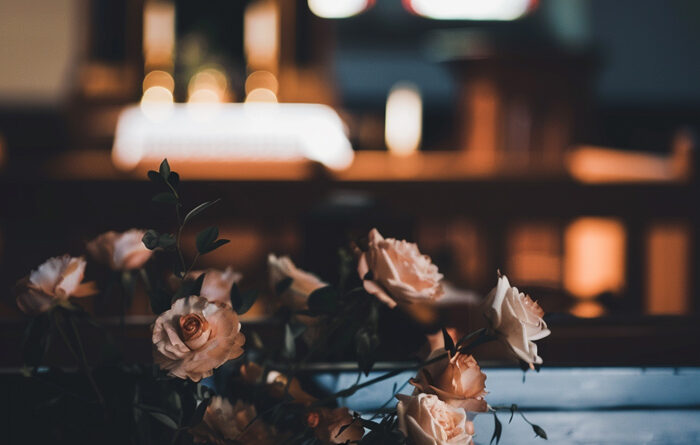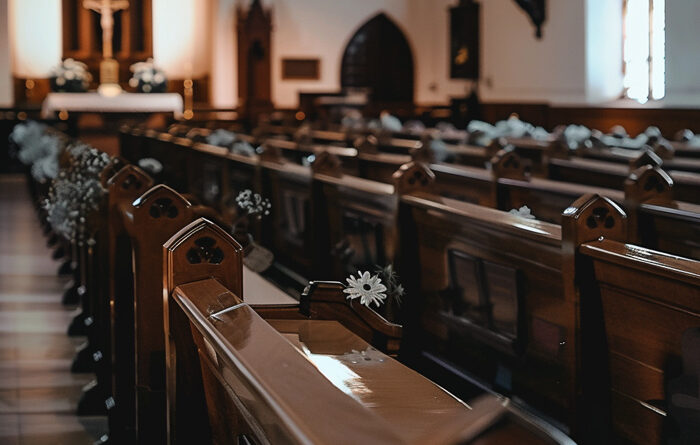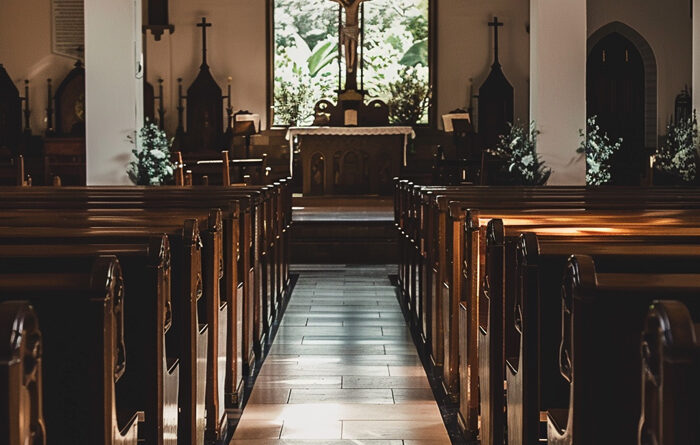
Introduction to Funeral Customs and Practices in Miami
In the vibrant city of Miami, a melting pot of cultures and religions, funeral customs present a tapestry rich with diversity. Here, the final send-off is influenced by deep-seated traditions that honor the lives and beliefs of the departed. As the metropolitan hub of South Florida, Miami is home to a wide array of funeral practices that reflect the varied beliefs of its residents. Understanding these traditions is essential for those wishing to pay their respects in a manner that is both respectful and culturally sensitive.
Christian Funeral Rites in Miami
Christianity, with its numerous denominations, has a significant presence in Miami. Catholic funerals often include a vigil service or wake, followed by a funeral mass and internment. The services are full of ritual, including prayers, readings, and hymns that reflect the hope in eternal life. In contrast, various Protestant denominations may have more simplified services focused on prayers, reflections, and communal support without the formal liturgy.
For the Eastern Orthodox community, funeral services are rich with symbolism, including the use of incense, chanting, and specific rituals like the “last kiss” where attendees pay their last respects by kissing the icon or the forehead of the deceased.
Jewish Mourning Traditions in Miami
Miami’s Jewish population adheres to their own distinct customs surrounding death and mourning. The funeral is typically held soon after the passing and involves a process called Tahara, the cleansing and preparation of the body. Mourners may participate in the tradition known as Kriah, tearing a piece of clothing to symbolize their loss. The funeral service is usually brief with prayer, eulogy, and readings from the Psalms, followed by burial. Shiva, the seven-day mourning period that follows, is a time for family and friends to gather, pray, and remember the departed.
Islamic Funeral Customs
For Miami’s Muslim population, funerary rites begin as soon as possible after death. The body is washed and shrouded in accordance with Islamic law, and the funeral prayer, Salat al-Janazah, is performed. This may take place in a mosque or at the grave site. Burial follows swiftly as cremation is not permitted. Muslims prefer to avoid elaborate markers, so graves are often simple. During the mourning period, the emphasis is on community support and remembrance of the deceased.
Hindu and Buddhist Ceremonies in Miami
The Hindu and Buddhist communities in Miami observe funeral rites that align closely with their religious teachings. A Hindu funeral may involve the recitation of mantras and the body is generally cremated, as it is believed to release the soul from the physical form. A Buddhist funeral might include chanting and meditation. Both traditions emphasize the cyclical nature of life and the importance of detachment from the physical world, which is reflected in their funeral practices. These events are often intimate and provide solace, focusing on the spiritual journey of the deceased.
Miami’s Afro-Caribbean Funeral Practices
Miami’s substantial Afro-Caribbean population, particularly those from Haiti and other parts of the Caribbean, observe funeral customs that are an interweaving of African traditions, Christianity, and, in some instances, elements of Vodou. The services may include a vibrant mix of music, dancing, and collective mourning that celebrate the life of the deceased and express grief with emotional intensity. Families may gather for “Nine Nights,” a series of evenings filled with storytelling, food, and collective remembrance.
Secular and Non-religious Services
Not every individual in Miami adheres to religious traditions when it comes to funerals. Secular services are becoming increasingly common, with ceremonies focusing on celebrating the life of the individual rather than religious rites. These gatherings might include personal anecdotes, favorite music, and other elements that reflect the personality and wishes of the deceased. Since personalization is key in such services, arrangements can be highly adaptable to fit the specific desires of the bereaved family.
Respectful Participation in Funeral Customs
For newcomers and visitors to Miami who are attending a funeral from a culture different than their own, it is crucial to approach the event with great sensitivity and respect. Familiarizing oneself with the basic etiquette of the host’s cultural and religious practices can make a significant difference in providing the proper support during their time of grief. If one is uncertain about the appropriate actions or attire for a particular funeral service, reaching out to a knowledgeable individual or doing some prior research can show attentiveness and care.
Conclusion
Funeral customs in Miami are as diverse and vibrant as the city itself. From the solemnity of Catholic Mass to the color and energy of Afro-Caribbean services, the city accommodates a range of observances designed to honor the departed. Understanding these practices is not only an exercise in cultural appreciation but also an expression of human solidarity in the face of loss. By engaging with empathy and openness, residents and visitors alike can participate in Miami’s rich tradition of mourning and remembrance. As Miami continues to grow and evolve as a cultural nexus, its funerary customs will undoubtedly reflect this dynamic tapestry, remaining an integral part of the city’s social fabric.

What funeral customs are followed for the Jewish community in Miami?
In Jewish tradition, the funeral service is simple and not ostentatious. It typically takes place within 24 hours following the death. The deceased is buried in a plain wooden casket and a ritual called Tahara, a purification process, is performed. The mourners recite the Kaddish, a mourner’s prayer, and observe Shiva, a seven-day mourning period where family and friends visit to pay their respects. It is also customary to place a small stone on the grave marker when visiting the grave as a sign of respect and remembrance.
Are there specific funeral rites for Buddhists in Miami?
Buddhist funeral customs in Miami may vary depending on the tradition or school of Buddhism. Generally, the body is treated with respect and viewed as a vessel that carried the departed’s spirit. Chanting and meditation often occur to honor the deceased and assist them in their transition. Funeral services may include readings from Buddhist scriptures and the presence of monks who conduct rituals. The actual funeral rites can include cremation, which is quite common in Buddhist practice, and the ashes may be scattered in a meaningful place or kept in an urn by family members.
How do Islamic funeral practices differ in Miami compared to traditional customs?
Islamic funeral practices in Miami adhere closely to traditional Islamic customs, with some accommodations being made depending on the local context. The deceased is given a ritual washing called Ghusl and is then shrouded in white cloth (Kafan). The Janazah prayer is said, after which the burial takes place as soon as possible, usually within 24 hours. The body is laid to rest facing the direction of the Kaaba in Mecca. It is important to note that Islamic customs prohibit cremation. Muslims in Miami may seek funeral services from Islamic funeral homes and centers that are equipped to cater to these specific practices.

